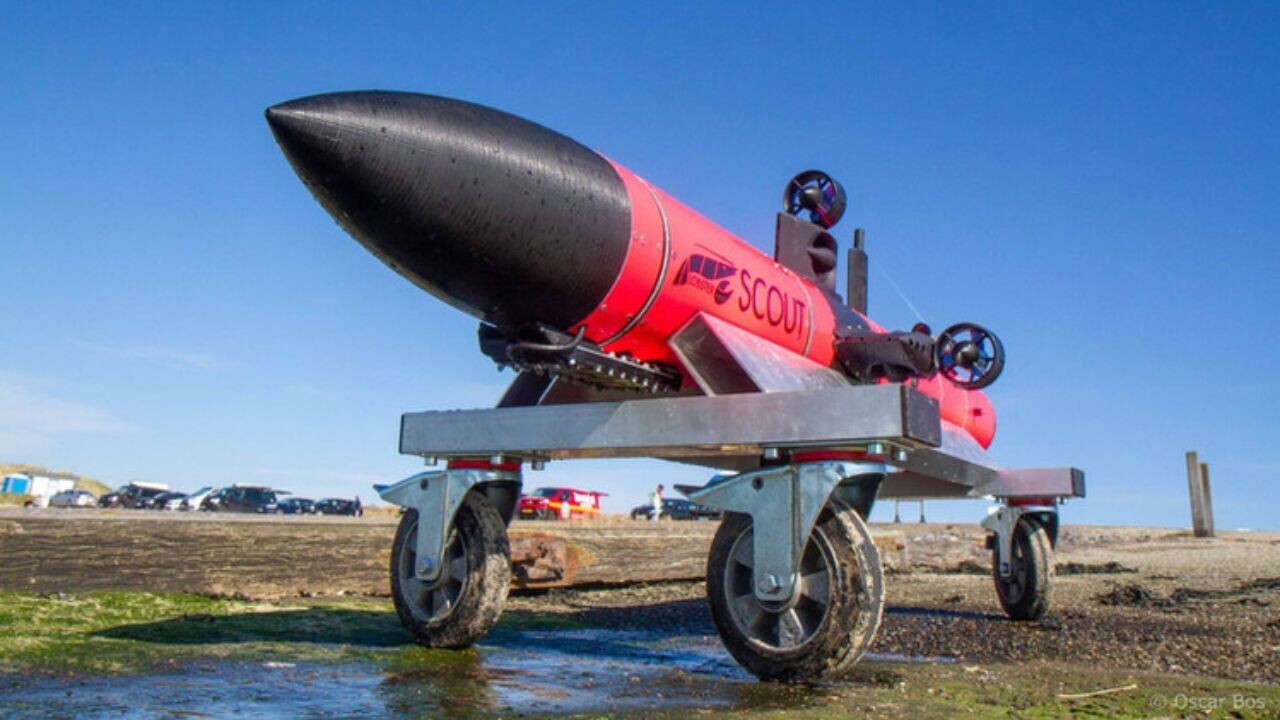
A Dutch startup has made the cut for NATO’s DIANA accelerator, which aims to build tech edges over the alliance’s adversaries.
The company, named Lobster Robotics, develops underwater drones that survey the seas.
Despite their small size and low costs, the robots are packed with powerful sensors.”It’s the quality and scalability of our data that sets us apart,” CEO Stephan Rutten said in June.
That data produces high-resolution, interactive, optical seabed maps. Their contents reveal what is normally invisible.
The potential applications are diverse. Users could monitor marine habitats, explore the oceans, or search for sunken treasure. They could also deploy the robots in seabed security — a growing concern since the attack on the Nord Stream pipelines.
These ideas emerged from research at Delft University of Technology. Rutten and the startup’s other co-founders — Bas van Vliet, Joris Quist, Daan de Groot, and Arthur Admiraal — were designing a camera for a lunar rover.
After several postponed launches, the team shifted their focus back to Earth. They targeted our planet’s most challenging environment: the deep sea.
By 2021, the student project had evolved into Lobster Robotics. Two years later, the team launched their first device: Lobster Scout.
The robot can obtain sub-millimeter resolution over hectares of scale. This ability, the team says, won them a place on the NATO accelerator.
NATO’s startup plan
Lobster Robotics is one of 10 projects selected for Phase II of the NATO program. Joining the startup are seven other European creations: Lithuania’s Astrolight, Italy’s Ephos, Poland’s Revobeam, and the British quartet of Gridlock, Ionate, Secqai, and Squark.
Canada’s Phantom Photonics and the USA’s Dolphin Labs round off the list.
All the startups will receive funding of up to €300,000. NATO will also help them to develop their concepts.
Professor Deeph Chana, DIANA’s managing director, praised the startup’s “innovative” ideas.
“To solve complex security and resilience problems, we need an ecosystem of creative, collaborative innovators willing to bring their talent and expertise to bear,” he said.
“These 10 innovators, and indeed all of our first cohort, are paving the way for a strong pipeline of innovation for Allied nations to adopt.”
Get the TNW newsletter
Get the most important tech news in your inbox each week.





